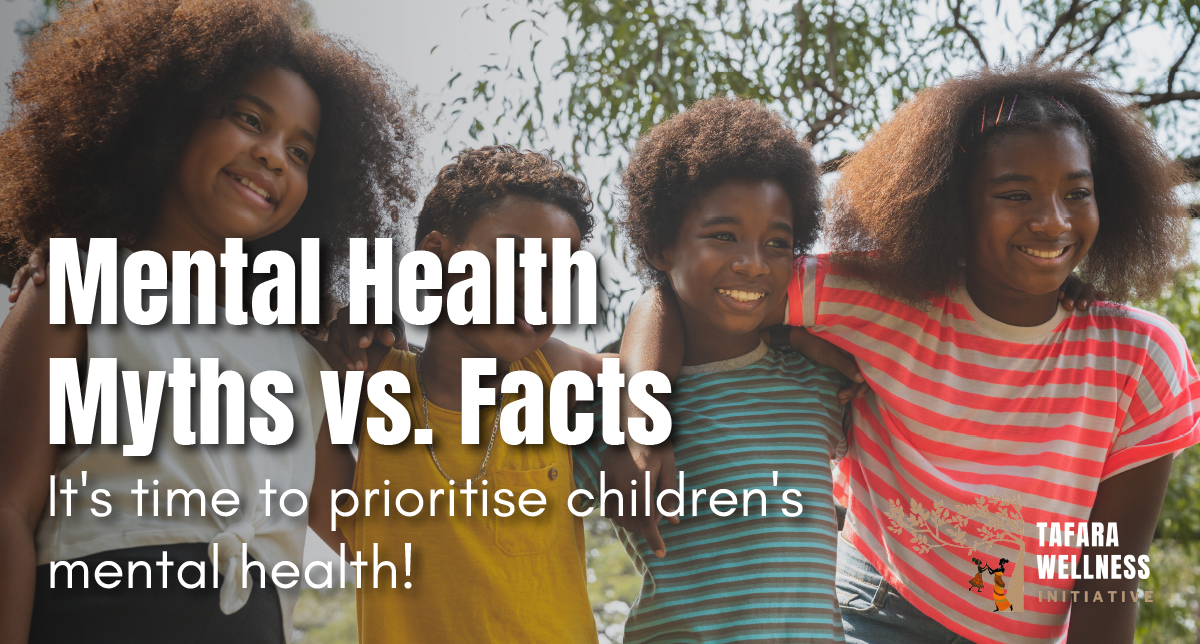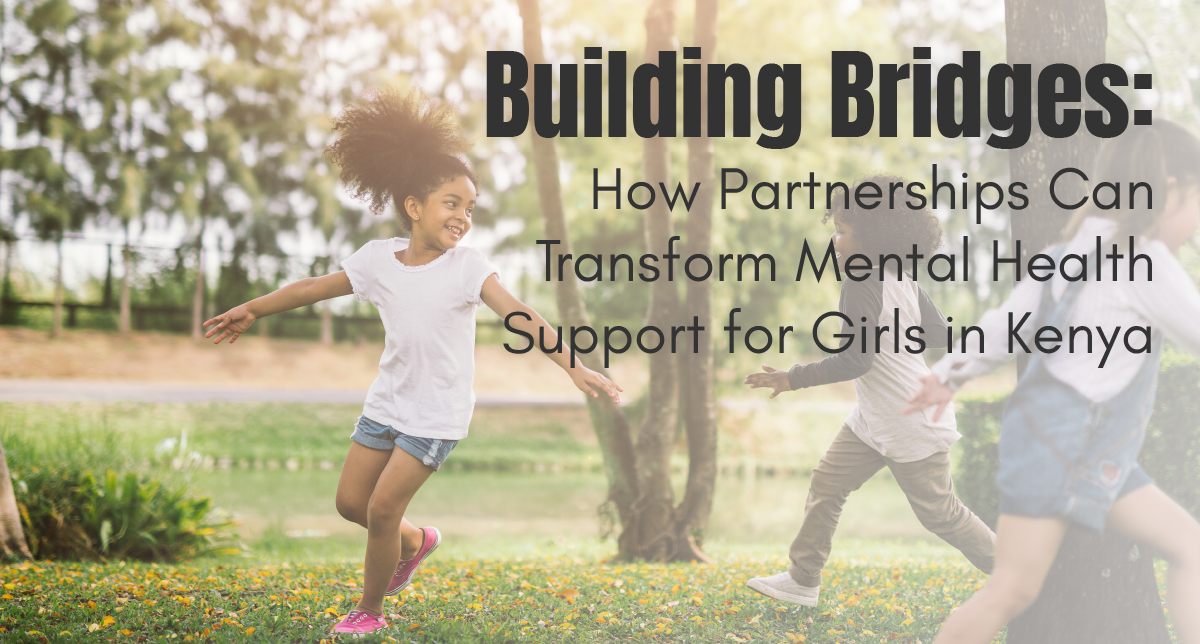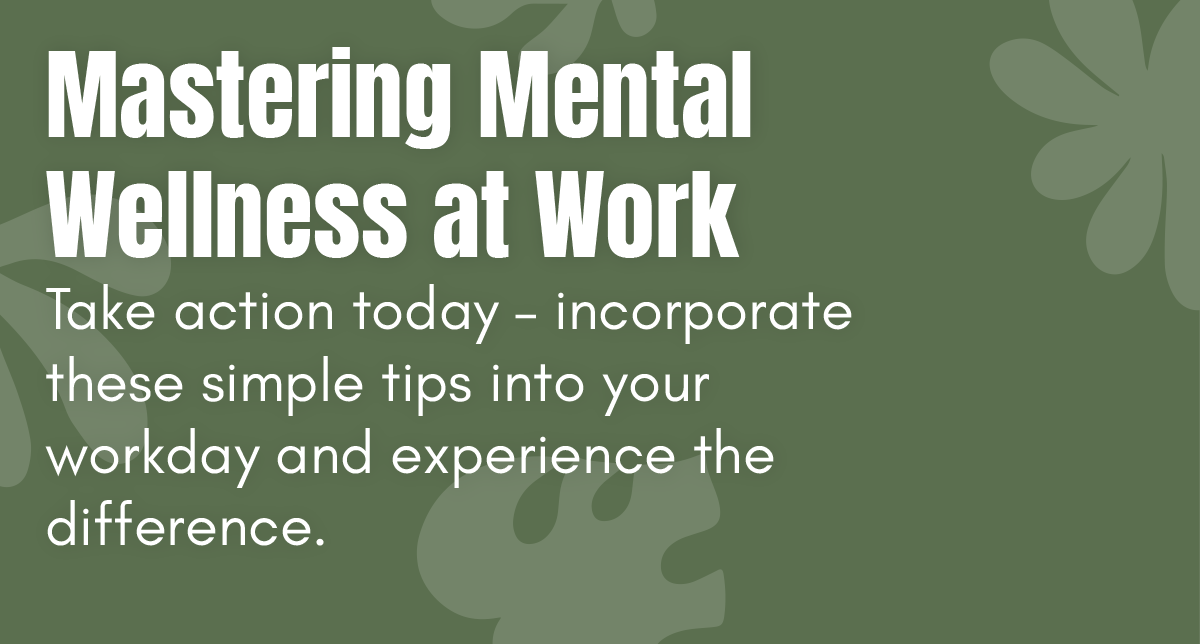Debunking Common Myths About Mental Health: What You Need to Know
Mental health is a topic that has been surrounded by myths and misconceptions for far too long. These misconceptions can prevent people, especially children and adolescents, from seeking the support they need. Let’s dive into some common mental health myths and the facts that counter them, shedding light on the importance of mental health care for all ages.
Myth 1: Mental health services are only for adults.
Many people believe that mental health issues primarily affect adults, leaving younger populations without adequate support or attention. This myth perpetuates the idea that children and teens don’t face significant emotional or psychological challenges.
Fact: Mental health issues can affect children as young as preschool age. According to the World Health Organization (WHO), 50% of all mental health conditions develop by age 14, and 75% by the mid-20s. Children experience issues such as anxiety, depression, trauma, and behavioural disorders. If left untreated, these conditions can have long-term consequences, such as poor academic performance, social isolation, and increased risk of substance abuse. Moreover, the United Nations Convention on the Rights of the Child states that every child has the right to the highest attainable standard of health, including mental health care. Addressing children’s mental health needs is critical for their development and future success.
Myth 2: Mental health issues are a sign of weakness.
One of the most damaging myths is the belief that mental health challenges are a personal failure or weakness. This stigma often discourages people from seeking help or acknowledging their struggles.
Fact: Mental health conditions are not a sign of weakness; they are medical conditions that can affect anyone, regardless of age, gender, or background. Just like physical health issues, mental health conditions require proper care and attention. In fact, conditions like anxiety and depression are influenced by a variety of factors, including genetics, brain chemistry, and life experiences. Seeking support is a strength, not a weakness, and early intervention can prevent issues from worsening.
Myth 3: You can just ‘snap out of’ mental health problems.
There is a common belief that people should be able to “snap out of” their mental health problems through sheer willpower or by thinking positively.
Fact: Mental health disorders are complex and often require professional treatment. While a positive attitude can be beneficial, mental health conditions like depression or anxiety may involve biological factors that cannot be addressed simply by willpower alone. Professional therapy, medication, and other treatments are often necessary to manage these conditions effectively. According to the American Psychological Association (APA), therapy and medication can significantly improve outcomes for individuals struggling with mental health challenges.
Myth 4: Talking about mental health will make it worse.
Some people believe that discussing mental health issues, especially with children, will increase the likelihood of developing a problem or make existing issues worse.
Fact: Talking about mental health openly is essential for reducing stigma and encouraging those who need help to seek it. According to research from Mental Health America, open discussions about mental health can reduce feelings of shame and isolation, making it easier for individuals to access care. Early conversations with children about emotions and mental health can help them develop healthy coping strategies and understand the importance of seeking help when needed.
Why Addressing Mental Health Myths Matters
Myths about mental health contribute to stigma, preventing people from acknowledging their needs and seeking help. By debunking these myths, we can foster a more supportive and understanding environment for individuals of all ages. Mental health care should be accessible to everyone, including children and adolescents who face unique emotional challenges. At Tafara Wellness Initiative, we are committed to breaking these myths and advocating for equitable access to mental health services. Whether through free counselling, workshops, or community programs, we aim to ensure that everyone has the opportunity to prioritise their mental well-being.





